In Estonia, blockchain and cryptocurrency is the most prevalent and advanced vertical of the fintech sector, representing more than a fifth of all Estonian fintech startups, a new map released by the Fintech News Network reveals.
The Fintech Estonia Startup Map 2023, which gives an overview of the Estonian fintech startup ecosystem, shows that the Baltic country is seeing the rapid development of its blockchain and crypto sector which today comprises 30 companies. The figure makes the vertical the biggest in the country’s fintech industry.
One prominent player in the market is Guardtime, a cybersecurity provider that uses blockchain systems to ensure the integrity of data. Guardtime’s KSI Blockchain is utilized by clients including Verizon, the US and Thai governments, Lockheed Martin and Ericsson. The company is behind the world’s first blockchain platform of marine insurance in partnership with EY, Møller-Maersk, Willis Towers Watson, Microsoft and others.
Estonia has become one of the hotspots for crypto companies in Europe, driven by early adoption of blockchain in the public sector and a conducive regulatory landscape. The Baltic country was one of the first nations to offer cryptocurrency business licenses, permitting registered companies to offer exchange and wallet services. Regulators recently tightened rules on the provisioning of virtual asset services, prompting service providers to abandon nearly 200 authorizations.
Estonia is also a pioneer in blockchain adoption, with KSI Blockchain integrated into its open-source Data Exchange Layer between information systems, X-Road, serving as the backbone of its e-government effort e-Estonia. X-Road has processed over 2.3 billion transactions since its launch in 2001, providing ultra-high security and data immutability, data from the Estonian Investment Agency show. Blockchain-based protection of data, e-services and devices began in 2008 and has operated at scale since 2012. Today state services ranging from tax to e-Health plus private sector service providers utilize the system.
After blockchain and crypto, alternative lending is the second largest fintech vertical in Estonia, comprising 18 companies or 12.5% of Estonian fintech startups.s The vertical encompasses platforms that streamline the traditional lending process and which use technology-enabled models to rapidly underwrite borrower credit risk. Companies and brands such as AskRobin, a credit marketplace for underbanked in Latin America; Bondora, a peer-to-peer (P2P) lending platform; and Investly, a marketplace that provides invoice financing solutions for businesses; fall in the category.
Crowdfunding and payments follow suit, featuring 13 and 9 companies, respectively. Estonian crowdfunding startups, or platforms that allow projects, ventures or causes to raise funds by collecting small contributions from a large number of individuals, include Funderbeam, a funding and trading platform for small and medium-sized high growth companies; EstateGuru, a crowdlending marketplace facilitating property-backed loans; and Fundwise, an equity crowdfunding platform. Notable Estonian payment startups include EveryPay, a cloud-based payment gateway; and Esto, an automated and tech-driven point of sale (POS) purchase financing and payments solution.
Other fintech verticals represented in Estonia include wealthtech (9), personal finance (11), digital identity (9), consumer finance (8) and data management (6).
Estonia has witnessed notable development in its fintech industry over the past years. Research carried out by the Tallinn University of Technology and FinanceEstonia shows that, at the end of 2020, the sector employed nearly 2,000 people, generated EUR 235 million in profits and cumulated more than EUR 1 billion in assets.
Estonia leads the Baltic region in fintech innovation, having minted the most fintech unicorns and being home to the largest number of fintech minicorns, or startups on the rise to becoming billion dollar companies, an analysis by Audrius Milukas, a venture capital (VC) investor at Open Circle Capital (OCC) shows.
The Baltic nation has established itself as a fintech hub through the collaborative efforts of the government, financial services, and telecom providers. Digital service delivery has been supported by the development of electronic ID, smart contracts, high-speed connectivity, and enabling legislation.
Estonia’s e-ID digital identity scheme, which has been around for about two decades, is the cornerstone of the country’s e-government efforts, allowing citizens to pay bills, vote online, sign contracts, shop, access their health information, and much more.
Since 2014, Estonia has been offering a program called e-Residency, providing holders with a transnational digital identity. This identity allows them access to the European Union business environment as well as Estonian public e-services.
Fintech Estonia Startup Map 2023
| Download Fintech Estonia Map 2023 |
Featured image credit: Edited from Unsplash

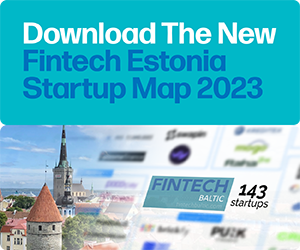

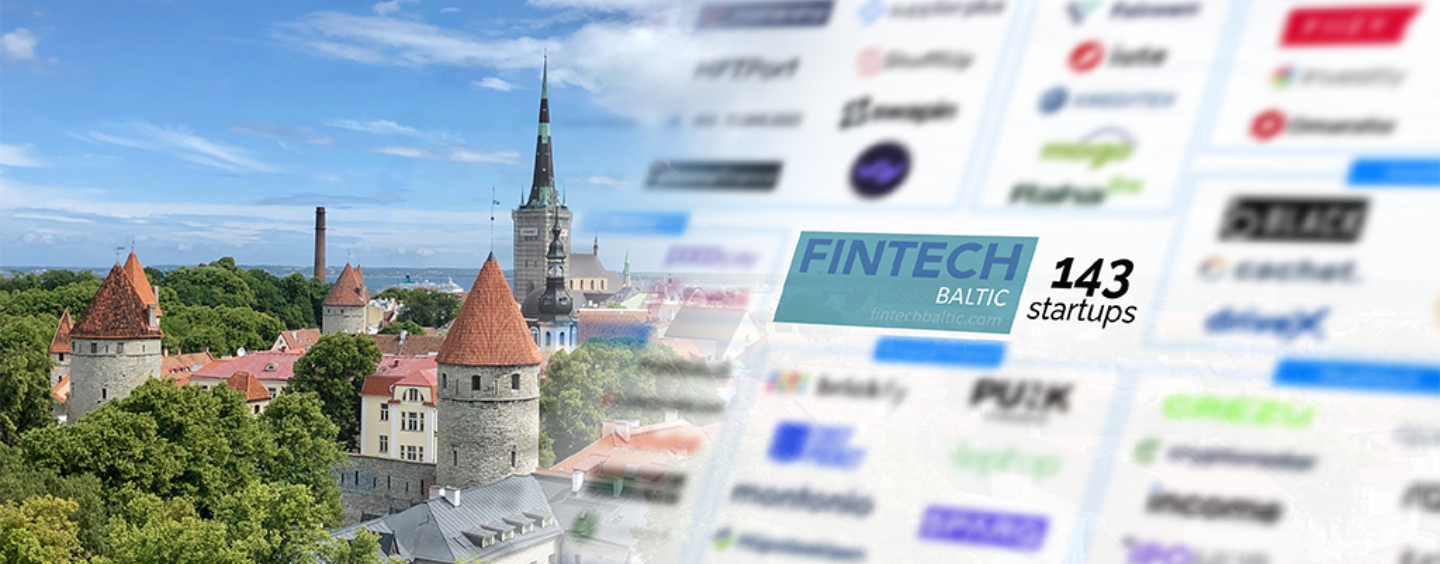
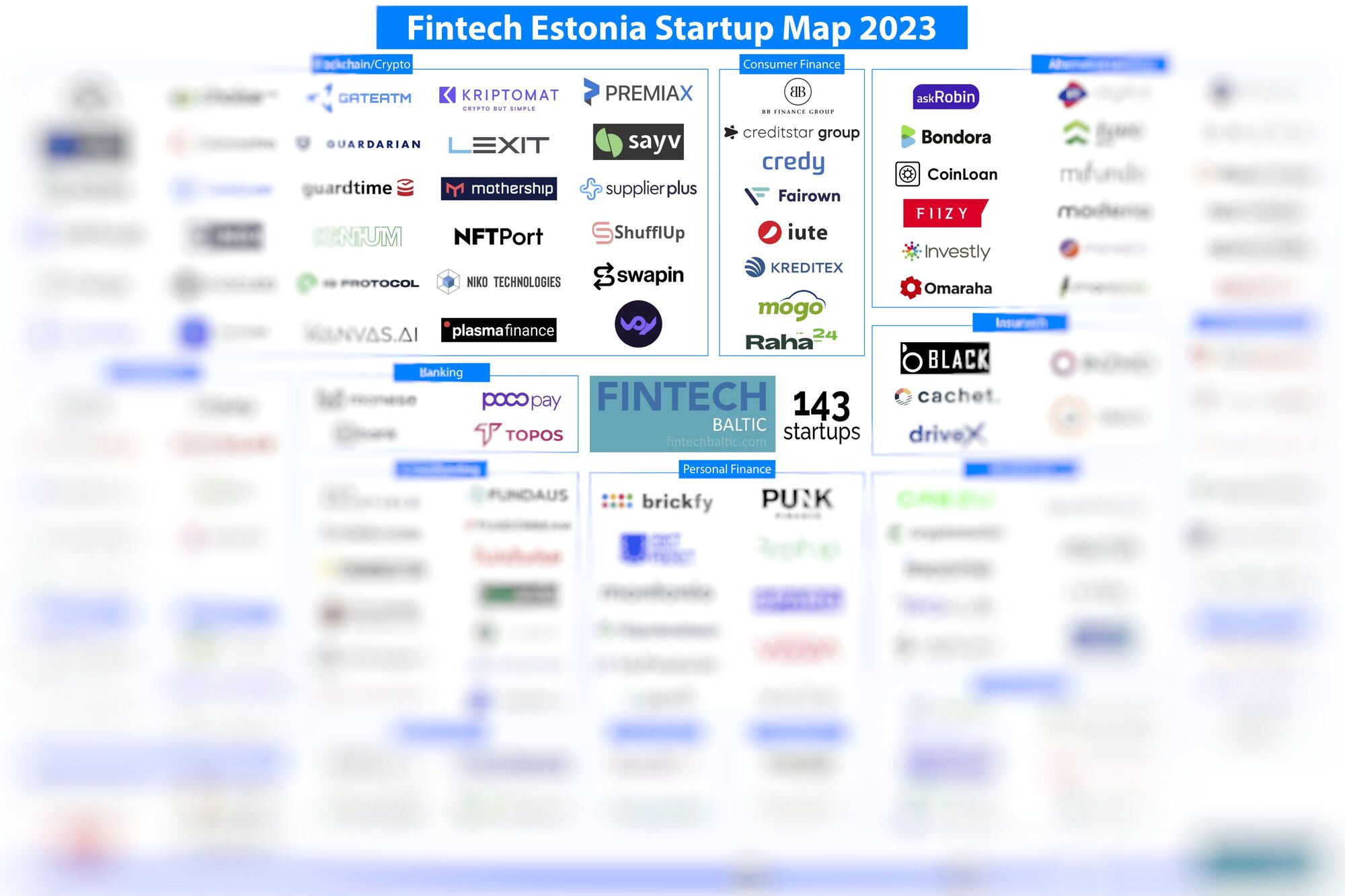
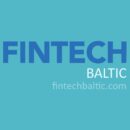


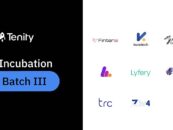
No Comments so far
Jump into a conversationNo Comments Yet!
You can be the one to start a conversation.